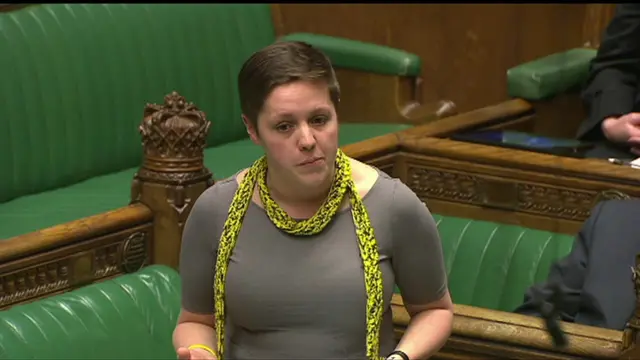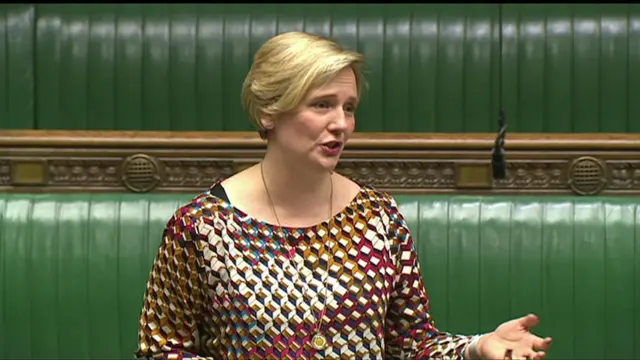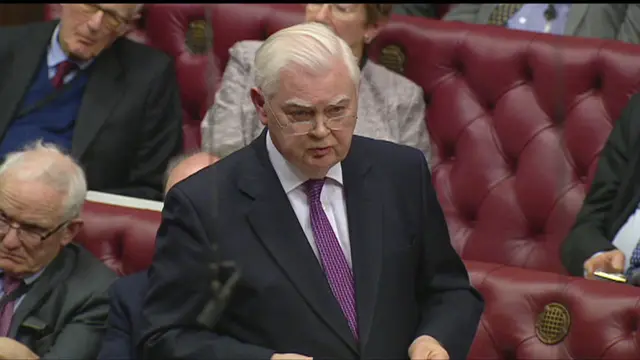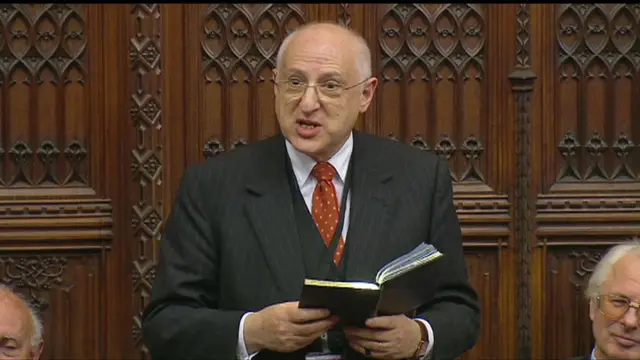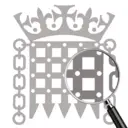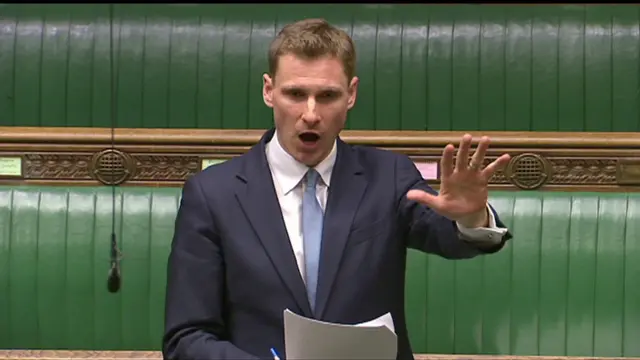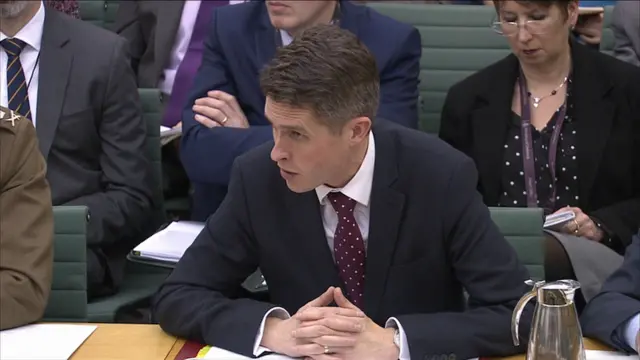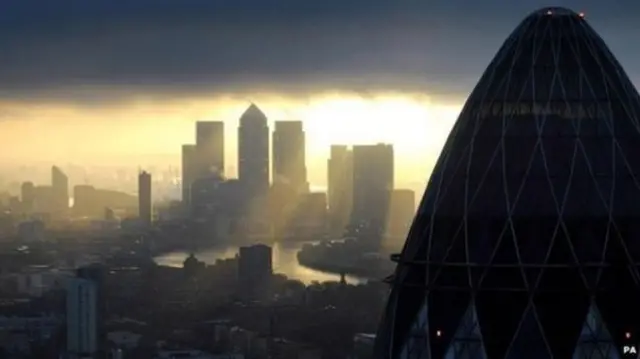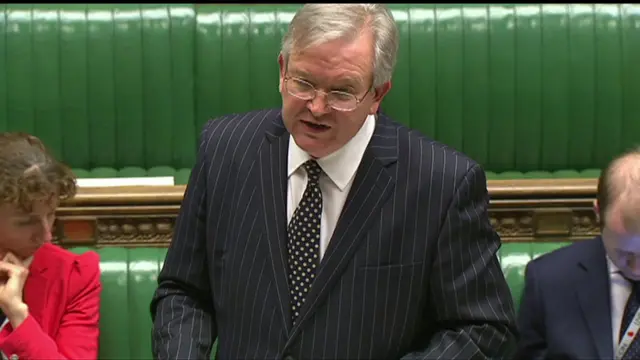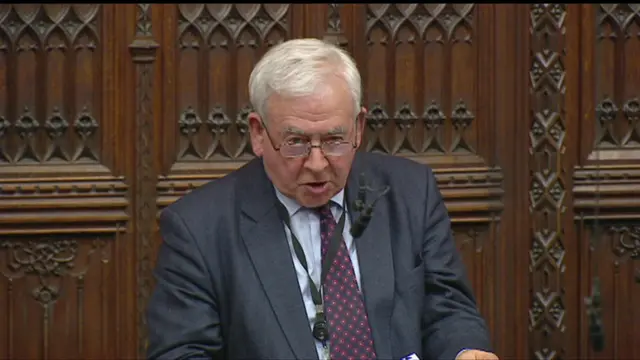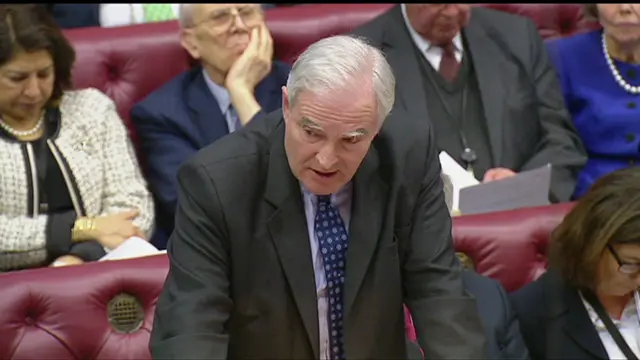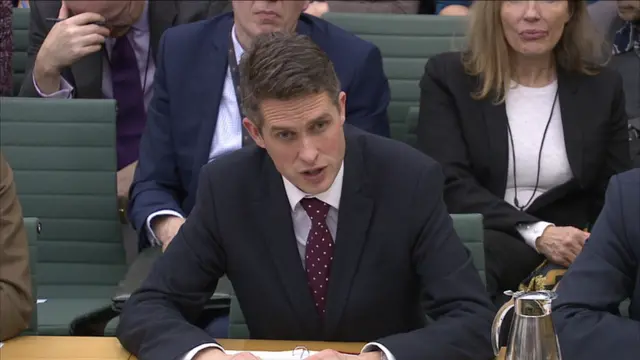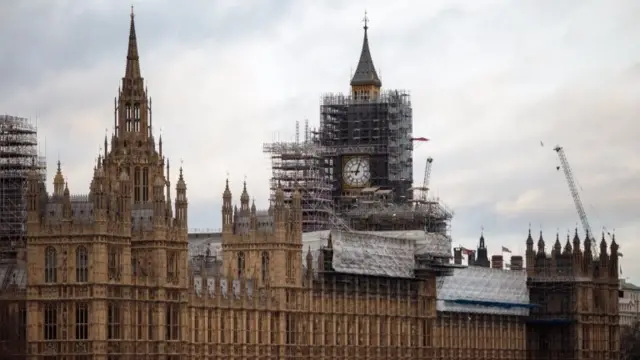Tory peer questions Brexit analysispublished at 17:51 GMT 21 February 2018
EU Withdrawal Bill
 House of Lords
House of Lords
Parliament
Conservative Lord Robathan says the civil servants who produced the Brexit analysis papers are the same ones who wrote that we would have a recession and 500,000 unemployed people if we voted to leave.
He asks if peers don't take their instructions from the people, who should they take instructions from?
He also calls it "embarrassing" that some peers are arguing that they should seek to frustrate Brexit in the national interest.

